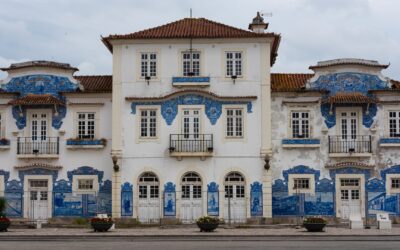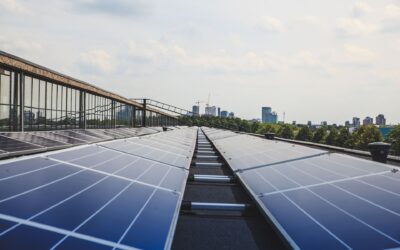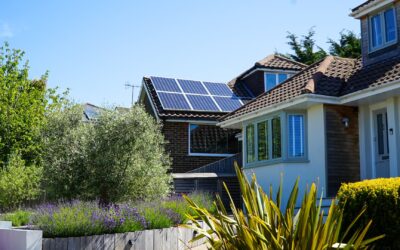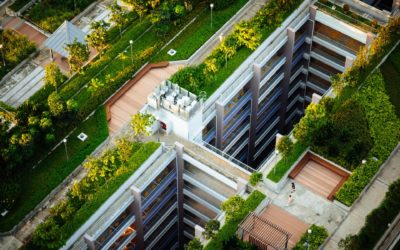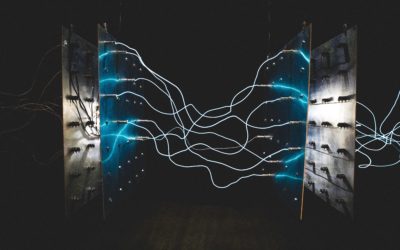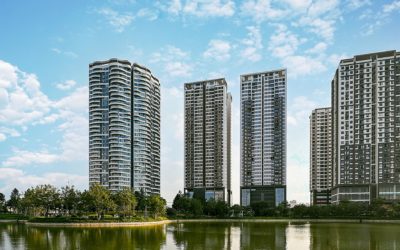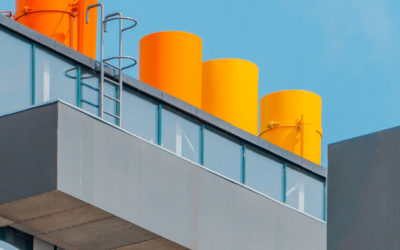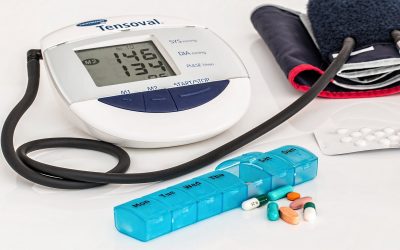CARTIF Projects
BuildON
Affordable and digital solutions to Build the next generation of smart buildings
Description
BuildON aims to develop a generic solution and highly replicable to offer services on buildings, facilitate the integration of their systems and technologies and with it, help build the next generation of smart buildings.
To this end, a smart transformation toolbox will be offered and demonstrated with the aim of improveing the energy performance of buildings. This solution will be applicable in a wide range of buildings typologies with different levels of smart readiness. This toolbox will offer:
- Affordable, adaptable and close to the market to monitor, assess, predict and continuously optimise building performance based on the SRI (Smart Readiness Indicator) philosophy.
- An interoperability framework for data exchange.
- Digital Twins for simulation and optimal control of the building and its systems.
- Decision support and user empowerment tools for occupants and facility managers.
Objectives
-
- Deliver tools to inform, engage and empower users to support decision making and improve energy use.
- Provide an interoperability framework that facilitates the integration of energy systems, communications and other building assets.
- Implement configurable and interoperable Digital Twins to improve planning and achieve energy efficient and optimised operation.
- Offer and demonstrate AI-based services to monitor, assess and predict.
- Develop and deploy intelligent automation and control services to optimise building performance.
Actions
- Development of analytical services to assess the energy performance of the building.
- Development of optimal control algorithms to improve energy efficiency in the management of the building´s thermal resources.
- Development of optimal control algorithms for the application of electrical flexibility management strategies.
- Generation of Digital Twins for the simulation and optimal control of the building.
- Collaboration with European projects and initiatives for the search for synergies and knowledge exchange.
Expected Results
- Analytical services to assess building energy performance
- Optimal control algorithms for improving energy efficiency in building thermal management.
- Optimal control algorithms for the implementation of electrical flexibility management strategies.
- Digital Twin for simulation and optimal control of buildings.
- Joint knowledge exchange campaigns and contribution to existing working groups at European level.
R&D Line
- Implementation of digital enablers technologies for the improvement of sustainability and intelligence of buildings.
Partners
|
1. CARTIF: FUNDACIÓN CARTIF – Spain |
11. Rochelle: LA ROCHELLE UNIVERSITY – France |
Horizon Europe
GA101104141

Total Budget: 5,999,951 €
CARTIF Budget: 632,875 €
CARTIF Financing: 632,875 €
Duration: 01/05/2023 – 31/10/2026

Responsible
Sofía Mulero
Energy Division
Networking
Energy Efficiency projects:
ENERGYGUARD
The EnergyGuard project will create an innovative test platform for artificial intelligence (AI) in the energy sector, integrating five European test centres with a green HPC infrastructure.
SIRCULAR
SIRCULAR seeks to transform the construction sector into a sustainable, low-carbon industry through decarbonisation strategies. Its main objective is to reduce carbon emissions by minimising reliance on virgin materials and exploring low-carbon alternatives, such as recycled materials.
SMARTeeSTORY
SMARTeeSTORY will create an integrated intelligent building automation and control system to monitor and optimise the energy performance of historic non-residential buildings, according to an innovative multi-domain approach (integrating the 9 domains proposed by the ISR methodology).
FoSSIS3
FoSSIS3 objective is to develop an operational Platform based on artificial intelligence to support decision-making in the energy planning process, through the characterization and estimation of the solar resources, and the development of analytics that support the strategy to improve the energy behavior of the building sector.
ENFLATE
ENFLATE applies technologies on data-driven energy and non-energy services, which it will replicate in different geographies and climates, considering different consumer needs.
DIGIBUILD
DigiBUILD overview is to provide an open, interoperable, cloud-based toolbox to transform buildings from traditional `silos´ into interoperable, smarter, digital buildings based on consistent and reliable data
DEDALUS
DEDALUS will design, develop and demonstrate micro (home/flat) and macro (building and district) participatory demand response ecosystems in multiple energy vector systems and with a social and human science based approach
MATRYCS
The main objective of MATRYCS is to define and deploy a Reference Architecture for Buildings Data exchange, management and real-time processing, and to translate this reference architecture into an Open, Cloud-based Data Analytics Toolbox. It will enable AI-based cross-sector analytics for smart energy-efficient buildings, based on seamless data-information-knowledge exchange under respective sovereignty and regulatory principles.
PROBONO
PROBONO brings together a European multidisciplinary consortium of 47 partners, to turn the six European districts into Green Building Neighbourhoods, with positive energy balance and zero carbon emissions: two large-scale demonstrators and four living labs representing business/owner promoters of the green buildings and neighbourhoods transition.
BD4NRG
BD4NRG envisions to confront big data management challenges for the energy sector, giving a competitive edge to the European stakeholders to improve decision making and at the same time to open new market opportunities.
EnergyChain
EnergyChain goal is to use Blockchain to develop a system that will support the energy exchange between prosumers without the need of a central entity in charge of the managing.
frESCO
frESCO aims to engage with ESCOs and aggregators and enable the deployment of innovative business models on the basis of novel integrated energy service bundles that properly combine and remunerate local flexibility for optimizing local energy performance both in the form of energy efficiency and demand side management.
Auto-DAN
The Auto-DAN project aims to enable homes and small businesses across the EU to optimize their energy consumption and provide and assessment of the live energy performance of a building. The solution will focus on the assistive role automation will have in buildings.
MiniStor
MiniStor aims at designing and producing a nvel compact integrated storage system for achieving a sustainable heating, cooling and electricity storage adaptable to residential buildings.
SO WHAT
SO WHAT project aims to develop and validate an integrated software for auditing industrial process, planning and simulation of waste heat and cold (WH/C) valorisation systems towards the identification of economically viable scenarios where WH/C and renewable energy sources (RES) cooperate to match local demand.
BIM-SPEED
BIM-SPEED has as its main objective to seeks to increase the use of BIM methodologies in the deep renovation of buildings for energy efficiency
SUDOKET
The Sudoket project focuses its activity on the mapping, consolidation and dissemination of Key Enabling Technologies (KETs) for the construction sector in the SUDOE space.
SISGENER
SISGENER’s objective is the development of a low-cost comprehensive energy management system for the management of generation and consumption that takes place in buildings with centralized services.
QUDRA
Energy improvement plan that allowed the reduction of municipal energy expenditure and the training of municipal technicians in energy matters
GAPSA
The GAPSA project’s main objective is to clearly define the real savings obtained due to the savings measures that will be implemented in the 33 primary care health centers
REEMAIN
The REEMAIN project combines cutting-edge knowledge and experience to develop and demonstrate a methodology and platform that drives the efficiency of energy and material resources.


